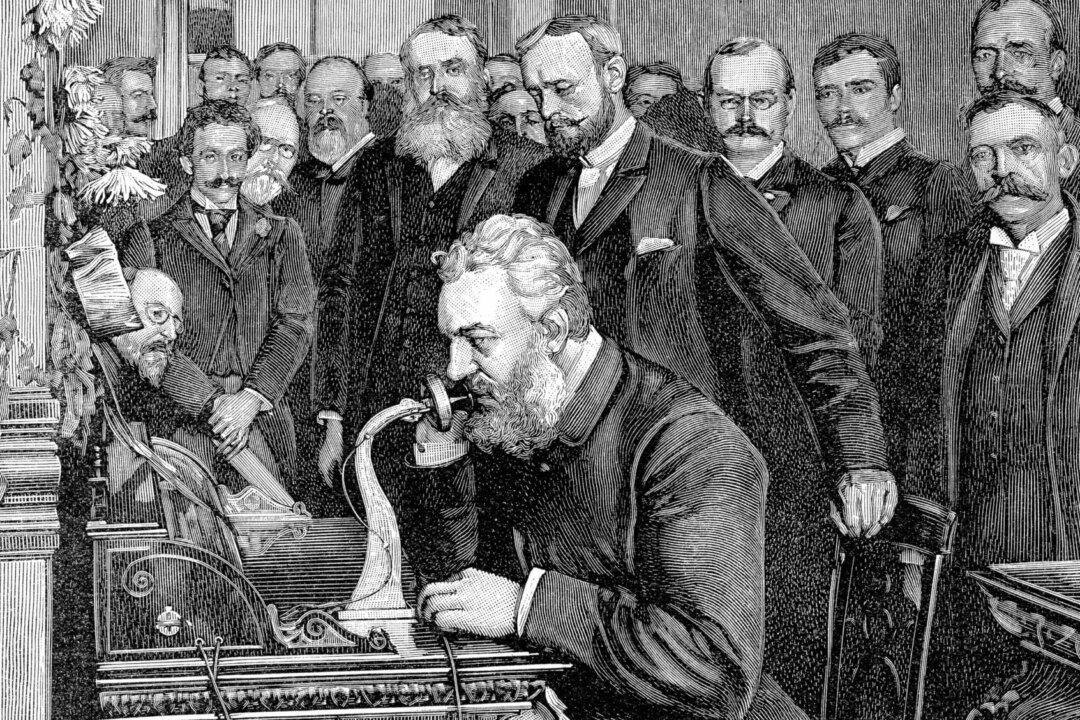National honours for the inventor of the telephone, Alexander Graham Bell, and other iconic historical figures are under review by a federal board for allegedly holding “controversial beliefs.”
The Historic Sites and Monuments Board (HSMBC) says Bell, who lived from 1847-1922, held “controversial beliefs and behaviours” that “are now associated with views, actions, and activities condemned by today’s society,” as first reported on by Blacklock’s Reporter.





